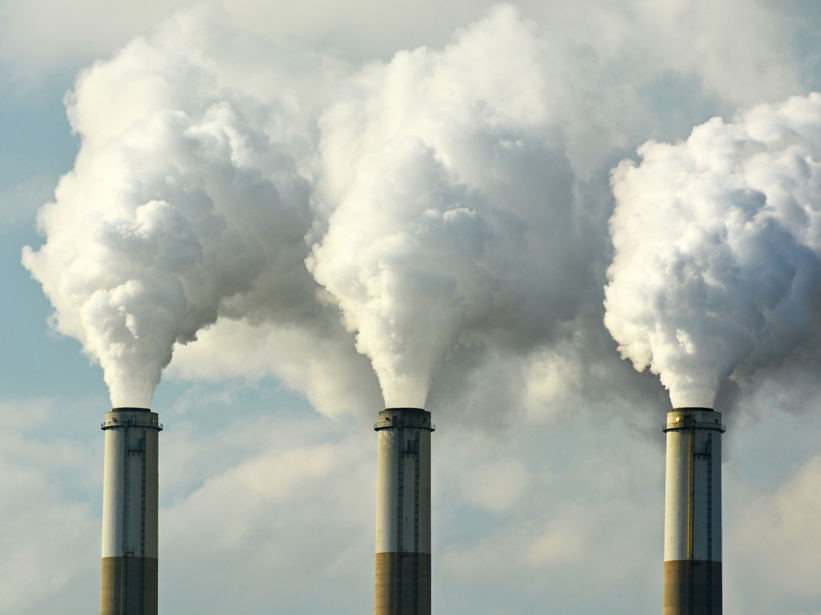A decision by the U.S. Supreme Court early this month to hold up implementation of the Obama administration’s Clean Power Plan (CPP) neither kills this key element of the president’s actions against climate change nor slows down clean energy efforts, argued several former governors and other experts at a forum Monday at the Brookings Institution in Washington, D. C. However, they said the decision adds uncertainty for state and utility planning and raises questions about international efforts to meet climate change goals.
The stay granted by the court on 9 February, in a 5–4 decision, puts on hold until further judicial review the plan formulated by the U.S. Environmental Agency (EPA) for states to reduce carbon dioxide from existing fossil fuel–fired electric generating units. The one-paragraph stay provided no explanation for the court’s decision, which was made prior to the death of Justice Antonin Scalia, who voted with the majority.
A Dramatic Event
The court decision “was a pretty dramatic event,” said former Colorado governor Bill Ritter at the forum. Ritter, director of the Center for the New Energy Economy at Colorado State University in Fort Collins, said the plan “provides a great framework for dealing with greenhouse emissions, and it will provide great momentum for us as a nation to move forward and actually meet our [emission] targets” declared at last year’s climate summit in Paris. States will continue “to look at how they decarbonize” even if the CPP were to go away, he said, adding that the country is in the midst of an energy revolution that is “about planning for a carbon-constrained future.”
Although some states have opted to stop or slow down CPP-related measures until there is judicial clarity, said Christine Todd Whitman, who was formerly the New Jersey governor and the EPA administrator, “states are going to, for a large part, go ahead and continue to move toward some kind of clean carbon economy.” Whitman, cochair of the Clean and Safe Energy Coalition, added that utilities and companies, including those operating internationally, need certainty in regulations for planning purposes.
Although state utility commissioners take differing positions related to the Clean Power Plan, “the conversations concerning clean energy resources and economic development within states [are] going to continue unabated,” according to Greg White, executive director of the National Association of Regulatory Utility Commissioners, which is based in Washington, D. C. The CPP “was simply accelerating the time frames” at which an “evolutionary move towards cleaner energy technologies” was taking place, he said.
Plan Sparked Discussion
“There are a lot of challenges that are still going to bring people to the table, although that table may not be organized specifically around the Clean Power Plan.”
The plan has been “a forcing mechanism” to bring utility and air quality regulators and affected stakeholders to the table to discuss what the future of the electricity sector should be, said Jonas Monast, director of the Climate and Energy Program at Duke University’s Nicholas Institute for Environmental Policy Solutions in Durham, N.C. “There are a lot of challenges that are still going to bring people to the table, although that table may not be organized specifically around the Clean Power Plan.”
Several speakers suggested that the CPP may not be essential to accelerating emissions cuts. According to Josh Linn, senior fellow at Resources for the Future, a think tank in Washington, D. C., carbon dioxide emissions from the power sector have been declining and may continue to do so even without the CPP. The plan “requires emission reduction at a slower rate of decrease than we’ve already seen,” he said.
—Randy Showstack, Staff Writer
Citation: Showstack, R. (2016), Court delay on U.S. climate plan won’t stop clean energy efforts, Eos, 97, doi:10.1029/2016EO047037. Published on 26 February 2016.
Text © 2016. The authors. CC BY-NC 3.0
Except where otherwise noted, images are subject to copyright. Any reuse without express permission from the copyright owner is prohibited.

